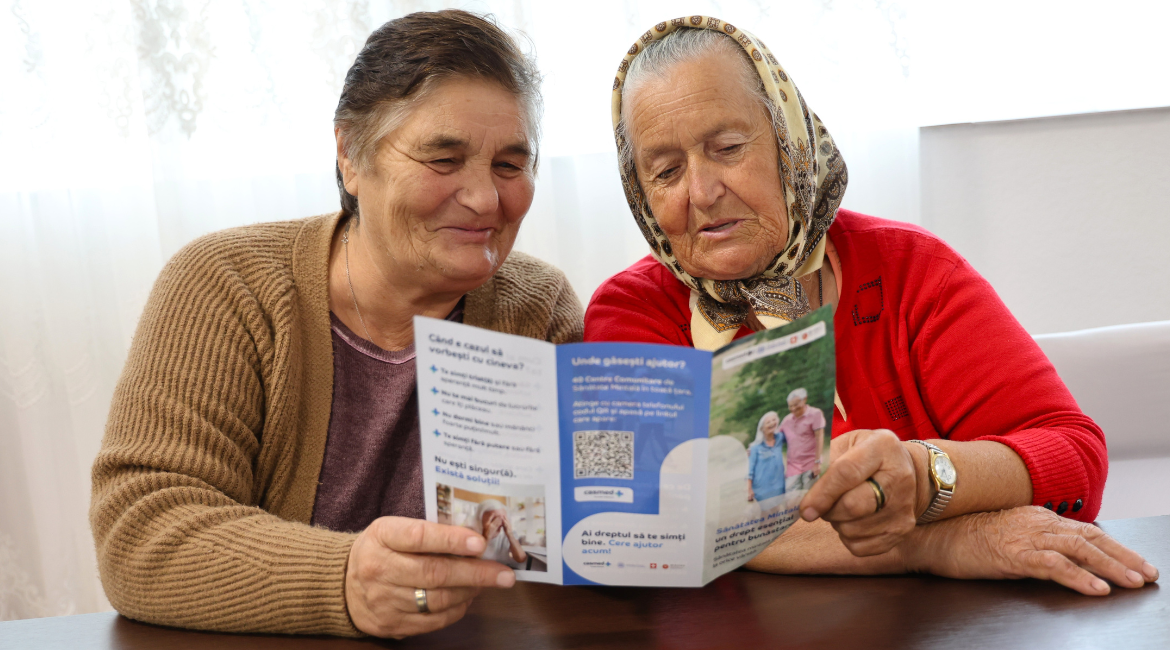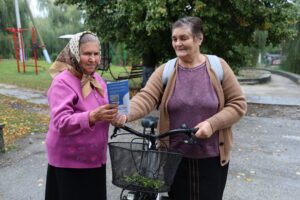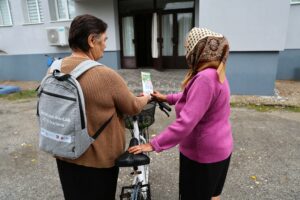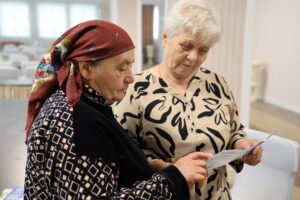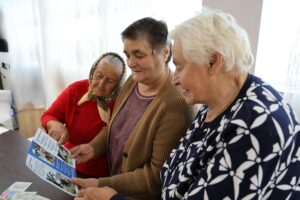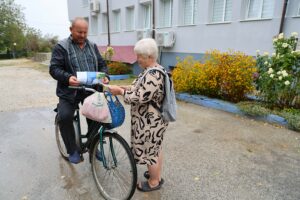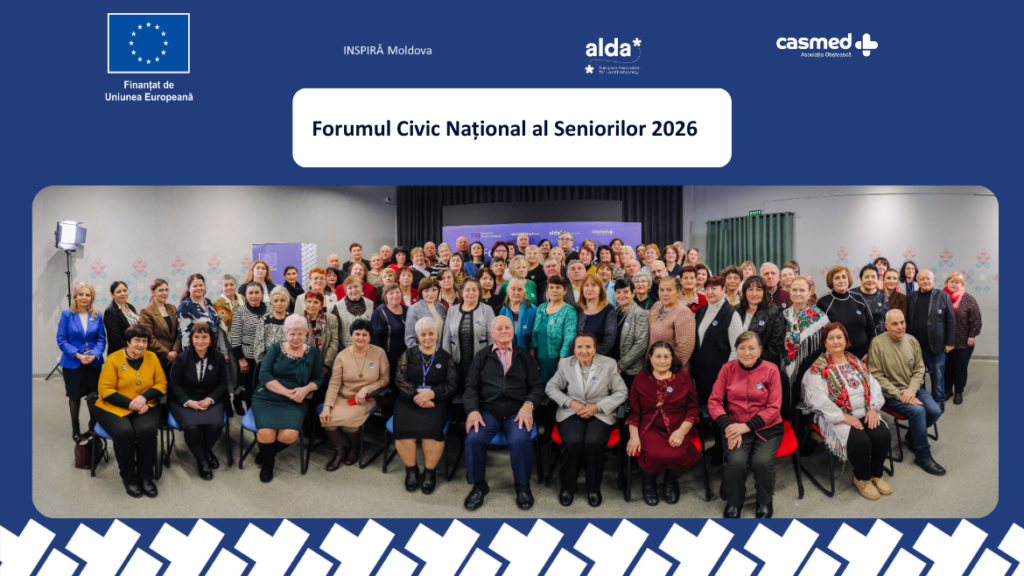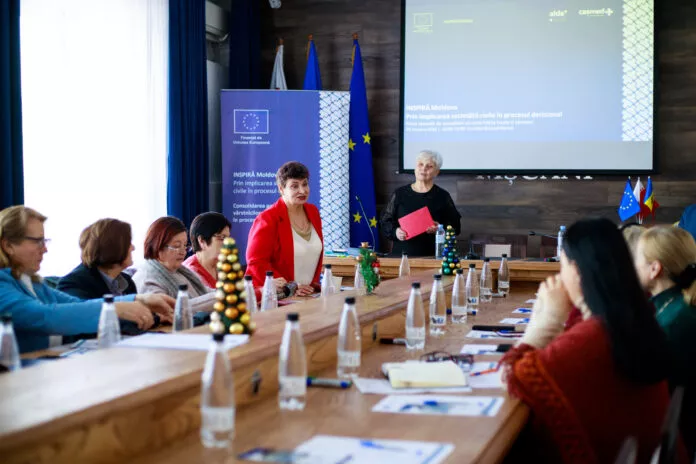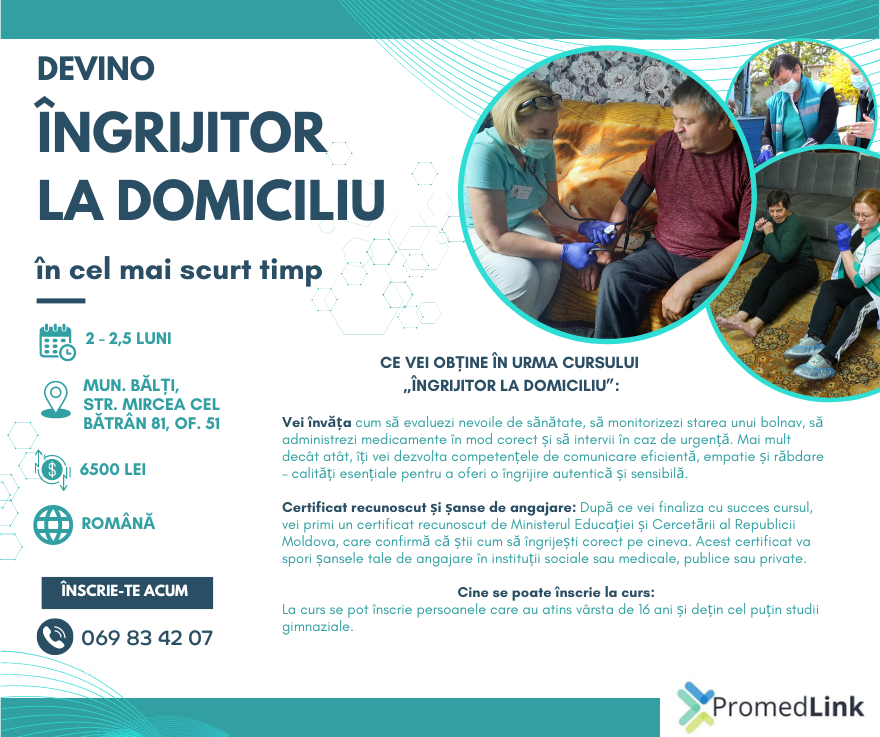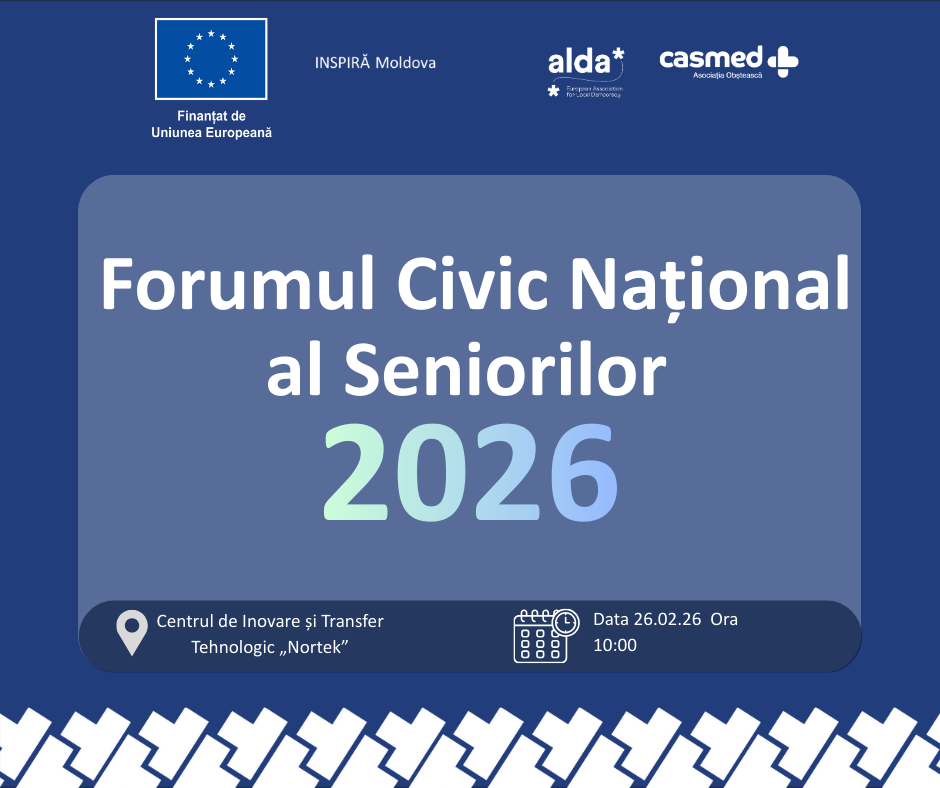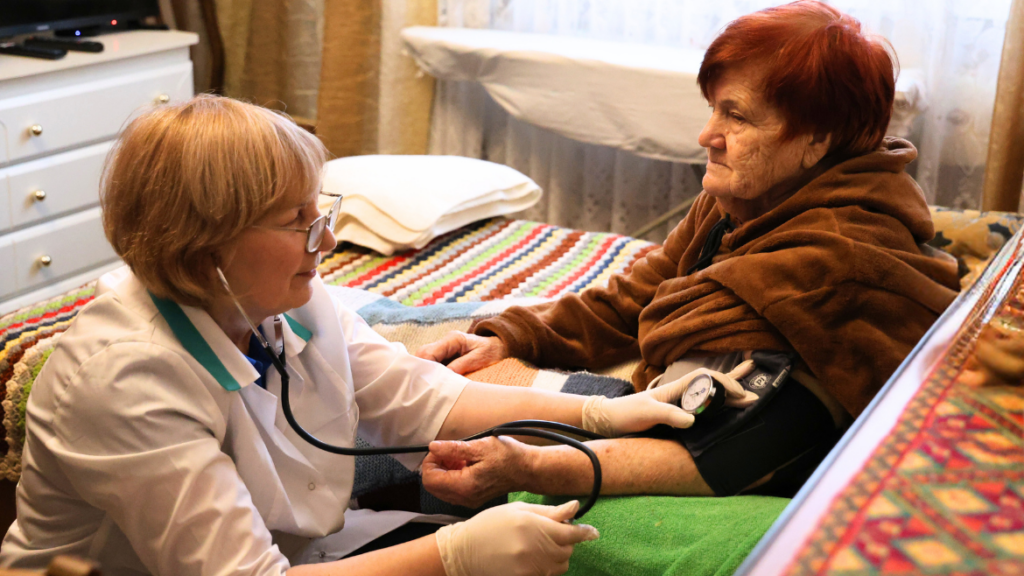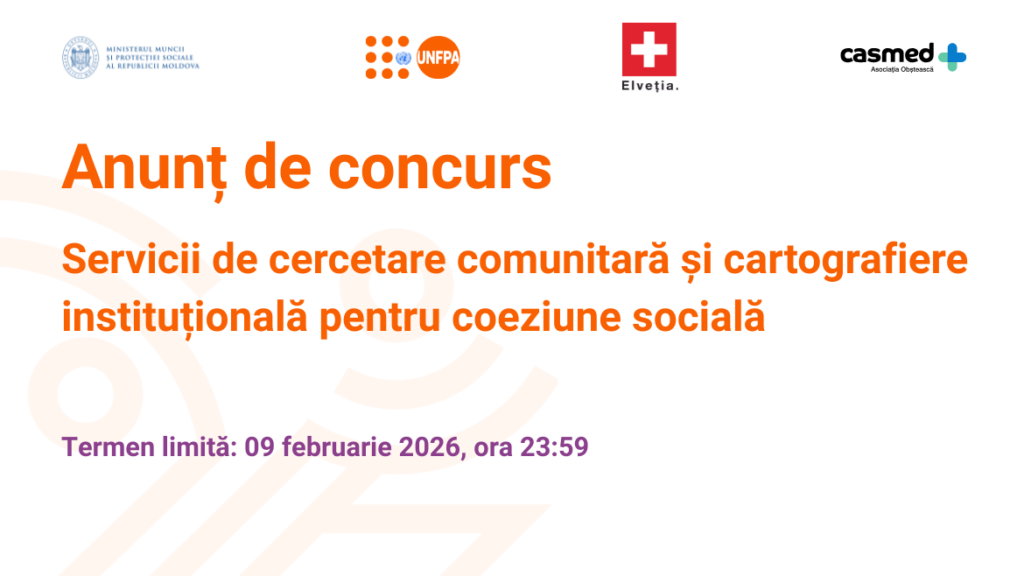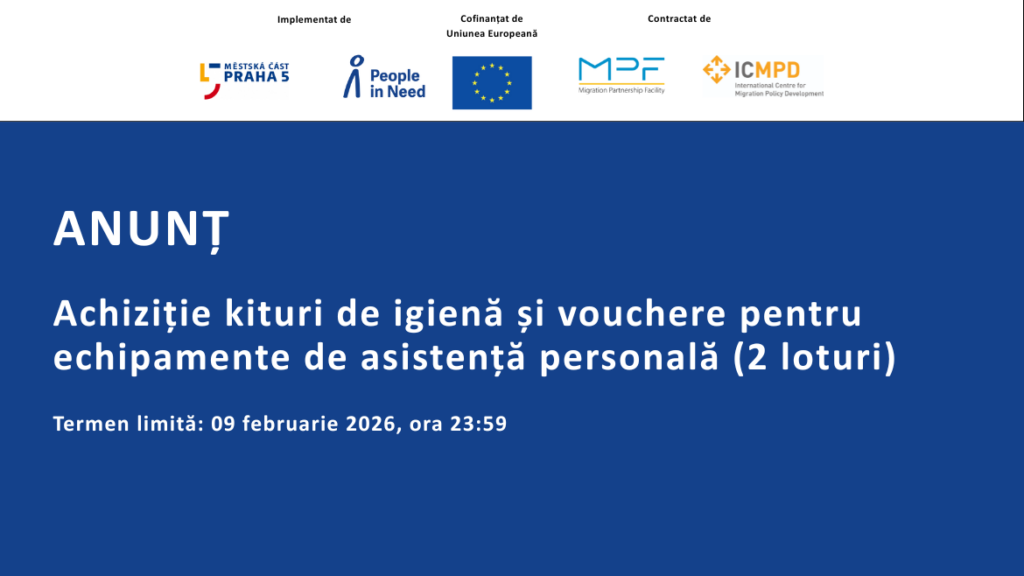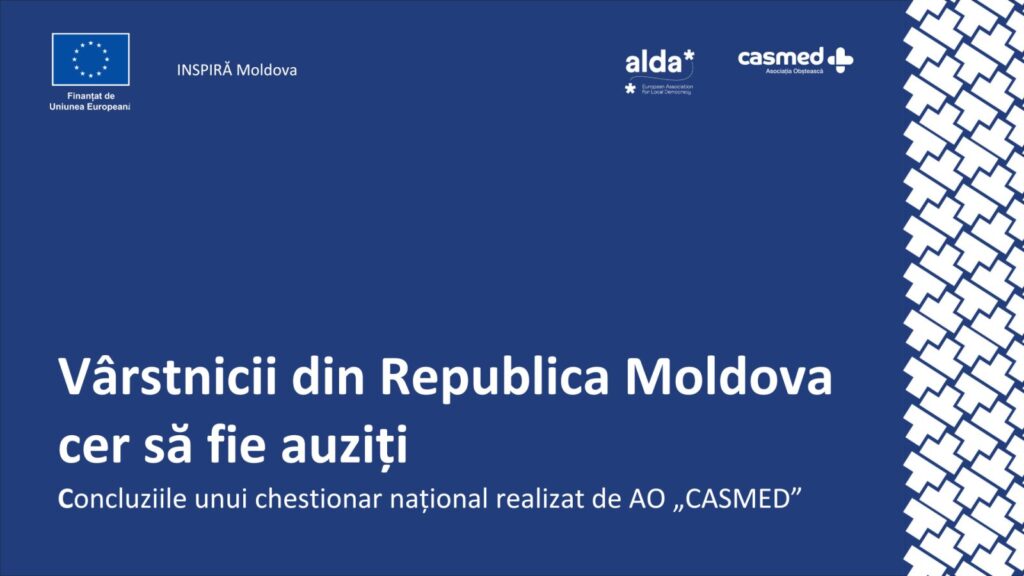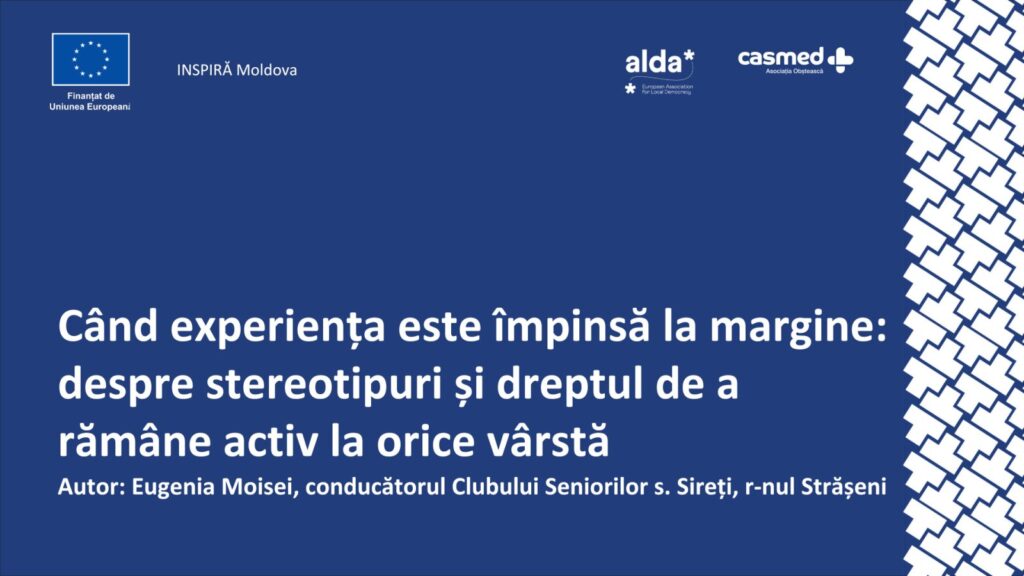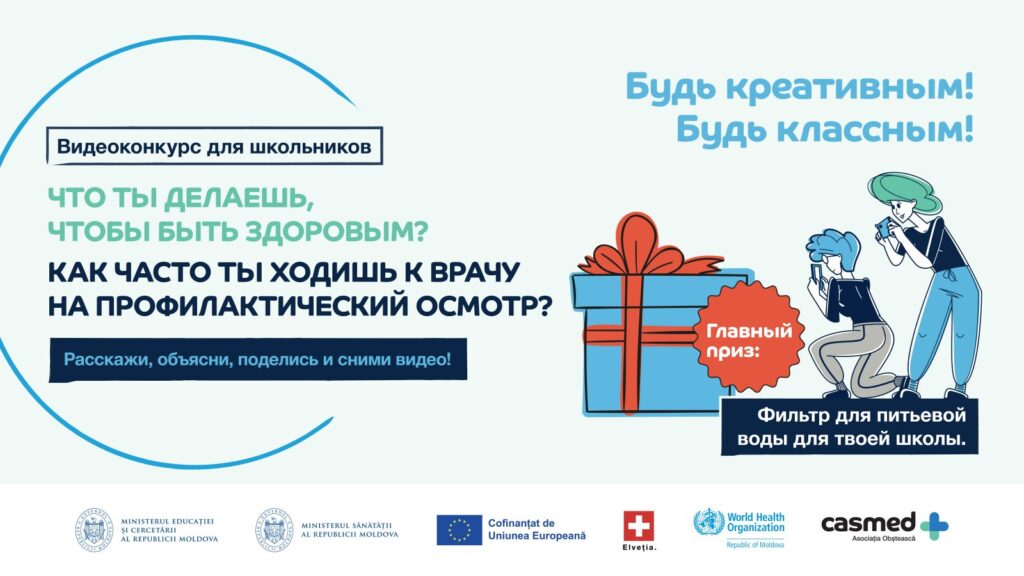Sănătatea mintală a populației vârstnice reprezintă o prioritate strategică în contextul demografic actual al multor națiuni europene, fiind esențială pentru asigurarea unei îmbătrâniri demne și active. Studiile epidemiologice subliniază impactul negativ al izolării sociale și al stigmatizării afecțiunilor psiho-emoționale asupra bunăstării generale a seniorilor. Aceste fenomene nu doar diminuează calitatea vieții, ci au și efecte deleterii asupra sănătății fizice.
Modele de bune practici la nivel european
Practicile internaționale validate științific oferă modele eficiente de intervenție. În Suedia, de exemplu, programele comunitare operate de peste două decenii utilizează o rețea de voluntari și specialiști care efectuează vizite regulate la domiciliu, având ca obiectiv principal profilaxia singurătății și a depresiei. Similar, în Germania, funcționează rețele de grupuri de suport psiho-emoțional, unde participanții discută deschis despre provocările psihologice, beneficiind de asistență din partea psihologilor și a semenilor. Marea Britanie a inițiat campanii naționale, precum „Time to Talk”, cu scopul de a normaliza dialogul despre sănătatea mintală și de a deconstrui barierele sociale asociate stigmatizării. Aceste exemple ilustrează că intervențiile comunitare, deși aparent simple, au efecte semnificative, contribuind la reducerea sentimentului de singurătate, la creșterea autoevaluării pozitive și la prevenirea declinului cognitiv.
Abordarea comunitară în Republica Moldova
Bazându-se pe aceste bune practici, Asociația Obștească „CASMED”, în parteneriat cu entități instituționale și organizații non-guvernamentale, a inițiat proiectul „Sănătate mintală fără bariere”. Principalul obiectiv al acestei inițiative este ameliorarea stării de bine emoționale și a calității vieții pentru persoanele cu vârsta de peste 55 de ani, cu un accent deosebit pe mediul rural, unde accesul la servicii specializate este limitat. Proiectul, inițiat în raionul Edineț, vizează o extindere graduală în mai multe regiuni ale țării, inclusiv Fălești, Rîșcani, Drochia, Glodeni, Ocnița, Strășeni, Ungheni, Șoldănești și Sîngerei.
Pornind de la provocări precum izolarea socială, stigmatizarea afecțiunilor mintale și accesul limitat la servicii de sprijin psiho-emoțional, proiectul adoptă o abordare comunitară, axată pe solidaritate, conexiune umană și grijă reciprocă. În șase localități din raionul Edineț, au fost instruiți 18 facilitatori comunitari care vor organiza șase grupuri de sprijin psiho-emoțional și vor efectua 1500 de vizite la domiciliu pentru a oferi asistență persoanelor vulnerabile. Specialiști în sănătate mintală vor susține opt sesiuni educaționale, oferind vârstnicilor informații relevante despre prevenirea declinului cognitiv și gestionarea emoțiilor.
În total, 400 de vârstnici vor beneficia direct de activitățile proiectului, iar peste 3.000 de persoane vor fi informate prin campania de conștientizare, materialele informative și sesiunile online. La finalul celor șase luni de implementare, se va consolida o rețea activă de facilitatori instruiți, structuri comunitare funcționale și parteneriate interinstituționale durabile în sprijinul persoanelor vârstnice.
Impactul și sustenabilitatea proiectului
Proiectul „Sănătate mintală fără bariere” are o relevanță deosebită, în special în contextul rural al Moldovei. O simplă interacțiune socială sau o conversație orientată pot preveni izolarea și pot oferi un sentiment de speranță. Suportul emoțional, vizitele la domiciliu și accesul la informații validate științific le conferă seniorilor siguranța că nu sunt marginalizați, iar experiența lor de viață este valorizată.
Un aspect crucial al acestei inițiative este crearea unui model de sustenabilitate. Prin formarea unei rețele de facilitatori comunitari și prin consolidarea parteneriatelor interinstituționale, proiectul lasă în urmă o structură funcțională, capabilă să continue suportul chiar și după finalizarea fazei inițiale. Prin această abordare, Republica Moldova are potențialul de a dezvolta un model de intervenție comunitară comparabil cu cele din țările europene. Solidaritatea și conexiunea umană devin fundamentele unei intervenții replicabile, demonstrând că sănătatea mintală nu este un lux, ci o necesitate fundamentală pentru o viață demnă la orice vârstă.
Referințe
- Mind și Rethink Mental Illness (2018). Time to Change: An Evaluation of the England Programme. [PDF]. Disponibil la: https://www.rethink.org/media/5842/time-to-change-evaluation-of-the-england-programme-2018.pdf (Accesat: 30 august 2025).
- Organizația Mondială a Sănătății (OMS) (2015). World report on ageing and health. Geneva: World Health Organization. [PDF]. Disponibil la: https://iris.who.int/handle/10665/186463 (Accesat: 30 august 2025).
- Comisia Europeană (2009). Mental health and well-being of older people in Europe: A public health perspective. [PDF]. Disponibil la: https://ec.europa.eu/health/ph_determinants/life_style/mental/docs/consensus_older_en.pdf (Accesat: 01 septembrie 2025).
- Ministerul Muncii și Solidarității Sociale, România (2019). Raport științific – Măsuri pentru incluziunea persoanelor vârstnice. [PDF]. Disponibil la: https://www.mmuncii.ro/j33/images/Documente/MMJS/Transparenta/2019/01022019_Raport_stiint_masuri_incluz_pers_varstnice.pdf (Accesat: 01 septembrie 2025).
- Raport Internațional (2020). Singurătate existențială: bune practici din organizațiile din domeniul sănătății și din perspectiva pacientului. [PDF]. Disponibil la: https://arhiva.oammr-iasi.ro/wp-content/uploads/2020/05/O1-Singuratate-existentiala-Bune-practici-din-organizatiile-din-domeniul-sanatatii-si-din-perspectiva-pacientului.-Raport-international.pdf (Accesat: 02 septembrie 2025).
